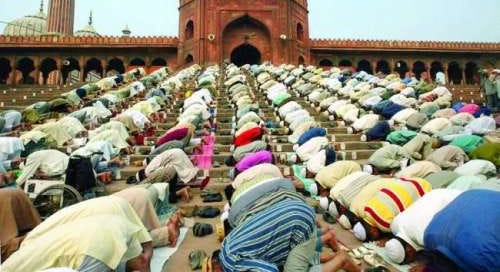In previous commentaries, I have drawn upon the writings of Islamic Shi’ite theologians to reflect upon the significance of Islamic teachings for the unfolding worldwide process of constructing a sustainable socialist-oriented post-neocolonial world-system. I retake this theme in today’s commentary with reflections on the Islamic concept of a just social system, based on Introducción a la Cosmovisión del Islam (Introduction to the Worldview of Islam) by Mulammad Husain Beheshtí and Muhammad Yauád Bahonar, published in 1988 by Fundación Cultural Oriente in the Sacred City of Qom in the Islamic Republic of Iran. As I noted in a previous commentary, Beheshti and Bahonar dedicated their lives to the study of Islamic theology and to the Islamic Revolution in Iran, and both arrived to occupy high positions in the Islamic Republic of Iran. Both ended their lives as martyrs, in separate explosions set off by enemies of the Revolution; Beheshti on June 28, 1981, and Bahonar on August 3…
© 2025 Charles McKelvey
Substack is the home for great culture


